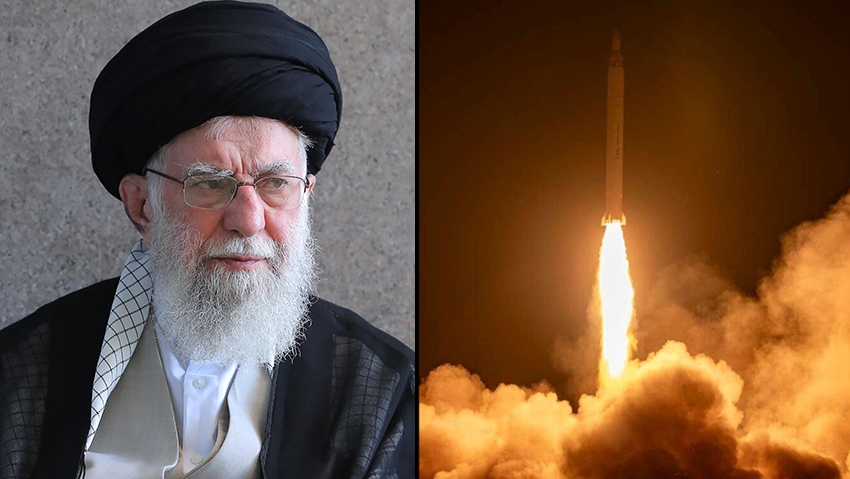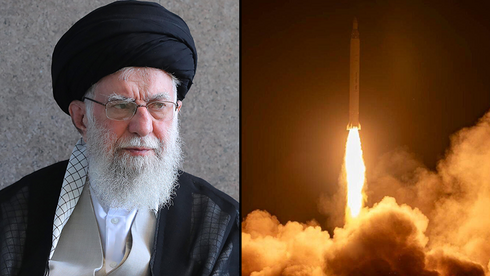According to regional officials and analysts cited by The New York Times, the damage was significant but far from total — and fears across the Middle East are mounting that the next confrontation between Israel and Iran is only a matter of time.
U.S. President Donald Trump’s declaration
(Video: The White House )
The 2015 nuclear deal, designed to limit Iran’s uranium enrichment, expired last month. Sanctions have been fully reinstated, and diplomatic talks are frozen. Officials estimate Iran still holds enough enriched uranium to produce roughly 11 nuclear bombs.
While Tehran claims the stockpile was buried under the ruins of Israeli and U.S. strikes, Israeli officials told the Times they believe it was secretly relocated. At the same time, Iran is said to be developing a new enrichment site, codenamed “Pickaxe Mountain,” which it refuses to open to international inspectors.
‘Missile factories are working 24 hours a day’
With no negotiations in sight and no international oversight, the standoff has entered a dangerous stalemate.
1 View gallery


Iran prepares to flood Israel with missiles
(Photo: Iranian Leader’s Press Office/ Getty Images)
Ali Vaez, director of the Iran Project at the International Crisis Group, told the Times that Iran’s missile factories are “working 24 hours a day,” and if there is another war, “they hope to fire 2,000 at once to overwhelm Israeli defenses, not 500 over 12 days” as they did in June.
Israeli security officials said they view the last conflict as an “unfinished” job and are preparing for renewed fighting.
Donald Trump at the UN
(Video: UN)
The shipments — roughly 2,000 tons of material — could enable Iran to produce hundreds of missiles. The loophole: Sodium perchlorate is not explicitly listed under current sanction bans, allowing some Chinese suppliers to claim the exports are legal.
Israel, meanwhile, has been pressing Beijing to halt the shipments, but China continues to trade the material, insisting it is not covered by international restrictions. Before the war, Iran held an estimated 2,700 missiles; Israeli officials now believe it has rebuilt at least half of that arsenal and is working to expand it ahead of a potential new confrontation.
Nuclear material ‘largely survived’ the war
Rafael Grossi, head of the International Atomic Energy Agency (IAEA), told the Financial Times that most of Iran’s enriched uranium survived the war. He said the country currently holds about 400 kilograms enriched to 60% purity — dangerously close to weapons-grade level.
At the same time, Iran is more isolated from the West than ever. Arab powers such as Saudi Arabia, Egypt, and the United Arab Emirates have strengthened their influence in Washington and with Trump, partly through economic ties and cooperation over his Gaza initiative.
Syria, once a key Iranian ally under the now-collapsed Assad regime, is shifting toward the United States; its new president is expected to visit the White House on Monday to request American aid.
Inside Iran, according to the Times, a debate is raging within the regime: some officials advocate compromise with Trump to avoid economic collapse, while others argue it is futile to negotiate with a leader who withdrew from the previous nuclear deal and bombed Iran amid talks.
Vaez said both factions agree on one thing: a new round of fighting with Israel is inevitable.
“So the country is doubling down on preparedness for the next round,” he said, “and they want it to produce a new equilibrium that will wipe out the sense of Iranian weakness.”


